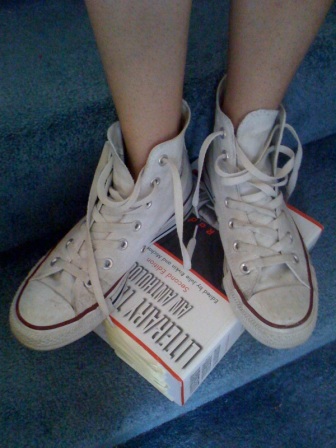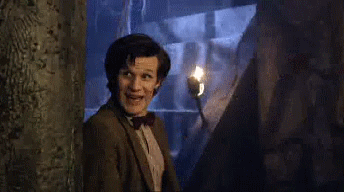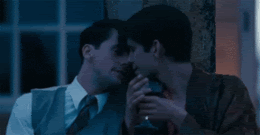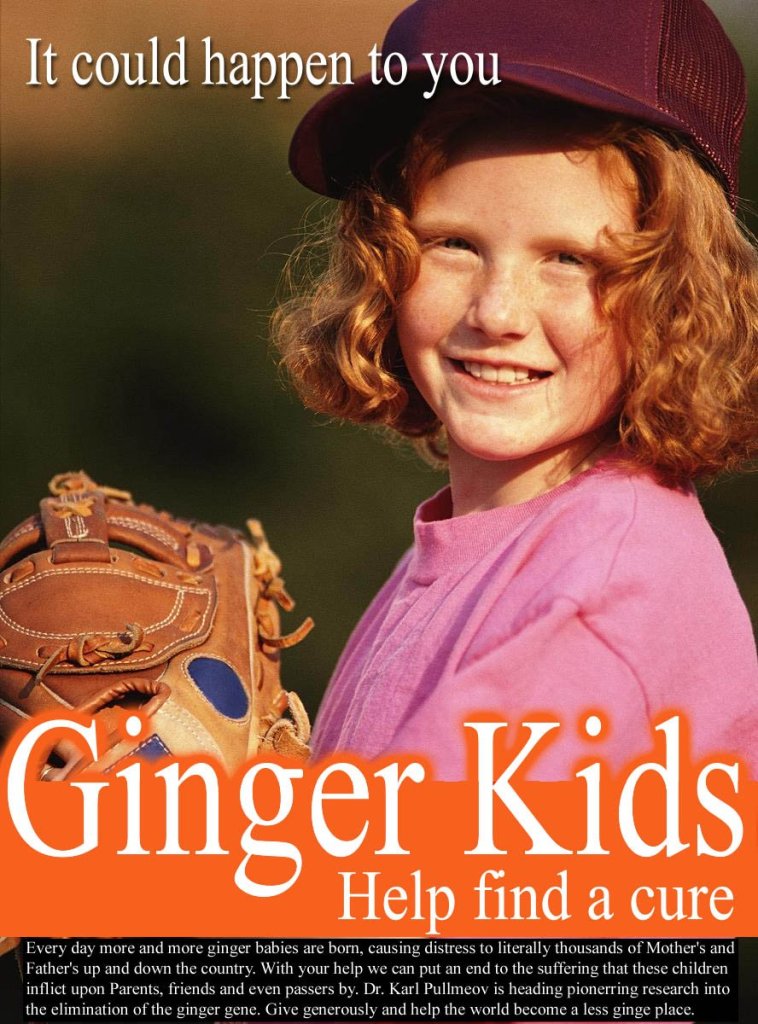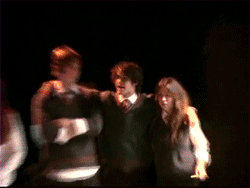Well, I’m finally a little more well rested than I have been. I’m still a little wonky, but eh. I have to thank B&N.com though for making my evening – I was able to get the special edition of The Full Monty online for a mere $10 (coupons & free shipping for members -woot!).
But blah blah – serious posting time.
I’ve decided that after every three books, I talk a little about structuralism, which will of course bring in the whole point that there is a formula when writing a romance novel.
So – yay! Lit Theory day!

I'm still ashamed I spent money to see this film ... never give in to cinematic peer pressure - even if it involves MGoode
And I’ve even brought out the big guns.
What do I mean by the big guns … beyond linking you to the darn book. This – this is what I mean:
The editors of this book, Julie Rivkin and Michael Ryan, give a brief introduction of Structuralism before they move into the essays. Oh – I love seeing my notes from class again – makes me giddy. Anyway:
“Levi-Strauss [and early Structuralist] began to see that culture, like language, is a system characterized by an internal order of interconnected parts that obey certain rules of operation. A structure is both like a skeleton and like a genetic code in that it is the principle of stability and coherence in any cultural system, while also being the principle of action that alows the culture to exist in time as a living thing.” p.54
Okay cool – so how does this apply to literature? Let’s move into John Culler’s The Linguistic Foundation.
“Structuralism is thus based, in the first instance, on the realization that if human actions or productions have a meaning there must be an underlying system of distinctions and conventions which makes this meaning possible.” p.56
I don’t want to override anyone with lit theory but breaking down Culler and applying it to literature – we pretty much have this: there are those ‘system of distinctions and conventions’ that make ‘meaning possible’ – ie: the system of distinctions and conventions are the rules that this genre follows and the meaning possible is the assigned ‘genre’ of these texts.
Every little plot device in these novels seem to support this ‘underlying system’ – a system that creates the bodice-ripper, the romance novel.
So – turning to If He’s Wild – what’s the structure? (briefly)
- We meet the two protagonists – Hartley is the supposed ‘rake’ (though his actions are excused by his work for the government – nah, that never really is cleared up) and Alethea, the virgin widow
- Hartley is taken with Alethea’s beauty, Alethea’s always felt a connection with Hartley since she’s had visions of him – they become the central focus of each other’s affections
- Enter impediments – Alethea and Hartley are almost killed several times, they struggle with their feelings, they realize, after these impediments, they love each other
- Enter family – Hartley and Alethea live happily ever after (married) with a son who has ‘healing powers’ and Hartley’s nephew and niece
I know a lot of these posts have pitted this third book against the past two – but let’s look at the structure of those past two novels in comparison.
A Highlander’s Homecoming
- Protagonists introduced: Robbie, time-travelling duty-bound guy and Isa, the strong willed redhead who lives on her own farm
- Robbie is not quick to like Isa but unwittingly does (let’s say it’s because of her spunk) and Isa, of course, takes to him eventually giving into her desires and sleeping with him – they become the focus of each other’s affections
- Enter impediments: there’s a land fued, Isa’s tricked into marrying some other dude, she and Robbie wrestle with their feelings but love prevails and she saves him – they go on the run and to save Robbie from dying (and Isa from a bad marriage) they go forward in time
- They live happily ever after in the future (married) with their new family
Viking in Love
- Protagonists introduced: Caedmon, a sort-of family guy and walking penis, who just wants to stop bedding girls because he gets them all pregnant, and Breanne, another strong-willed redhead that helped her sisters kill their brother-in-law
- Caedmon is reluctant to like Breanne as is she, and their sexual relationship starts as more of a pact, but they soon fall in love and they soon become the only object of each other’s affections
- Enter impediments: people wonder what happened to the murdered brother-in-law, some people come to visit Caedmon, some really random things happen that really make no sense but are still ‘impediments’ and just before her father can whisk her away from Caedmon, Breanne and Caedmon are trapped by the children and are caught ‘tupping’
- Caedmon and Breanne live happily ever (married) after with his kids from previous ‘tupping’ sessions and the strong probability of more children to come
So. I’ll let you put two and two together with that. There is a very strong structure that underlies all three of these novels – the only difference lays in how they are written. All of these ‘events’ or ‘signs’ as Culler would call them make up this genre (and let’s just use that word lightly).
There seems to be always two protagonists with eyes only for each other.
There seems to always be some impediment in the way that almost keeps them apart.
Somehow they overcome the impediment and live happily ever after.
Married. With a family.
“Hartley propped himself up on his elbows and stared at her ‘Alethea?’
She took his hand and placed it low on her belly. ‘Olympia told me there was a child the day we saved you, but I had no sign of it yet. Now I have. Yes, Hartley, you will become a father in seven or eight months.’
He stared at her belly, nearly completely cover by his hand, and then looked at her. It took a moment for the news to really sink into his mind, and then Hartley felt a stinging in his eyes. He blinked quickly and gently kissed the place where his child grew.” p.331-2
Always a family, always married – the endings don’t surprise me anymore but the first time I realized that this was a pattern, I was curious. Beyond the escapist sex scenes, the historical fiction, etc. – there was also this longing or wanted family at the end. It’s almost like a return to innocence or a promise that everything will be all right, everyone will be loved in the end.
It’s not so much curious as it is fascinating that all three of the novels ended this way.
So there – a post about If He’s Wild without the snark – and with a little bit of lit theory – a surprise element of structure: family, marriage – that is the happily ever after.
And passionate sex, of course – all three did end with that as well – but family ends up being the winner here – always having the last word.
So far, at least.
Now – lunch for me – and look what is waiting in the fridge!
Excitement.
Monday starts a new book – secret of course!
Have a fantastic weekend.
PALATE CLEANSER! CLICK ME!
References
Culler, Jonathan. “The Linguistic Foundation.” Literary Theory: An Anthology. Ed. Julie Rivkin and Michael Ryan. Malden: Blackwell Publishing, 1988, p.56-58.
Howell, Hannah. If He’s Wild. New York: Zebra Books, 2010.
Rivkin, Julie and Michael Ryan. “Introduction: The Implied Order: Structuralism.” Literary Theory: An Anthology. Ed. Julie Rivkin and Michael Ryan. Malden: Blackwell Publishing, 1988, p.53-55.
